In a world where the intricate dance of nature and humanity intertwines, the Gaia Hypothesis emerges as a beacon of understanding and interconnectedness. Delving into the essence of this captivating concept through the lens of a thought-provoking book, we embark on a journey of exploration and enlightenment. Join us as we unravel the pages of this literary masterpiece, weaving together scientific inquiry and philosophical contemplation to unveil the profound mysteries of our planet and existence. Welcome to a realm where the Gaia Hypothesis transcends mere theory and transforms into a mesmerizing narrative that captivates both mind and soul.
Table of Contents
- Exploring the Gaia Hypothesis in Contemporary Literature
- Unveiling the Central Themes of the Gaia Hypothesis Book
- Critiquing the Impact of the Gaia Hypothesis on Environmental Discourse
- Recommendations for Further Reading and Delving into Gaia-Sphere
- Q&A
- Final Thoughts

Exploring the Gaia Hypothesis in Contemporary Literature
In the realm of contemporary literature, the Gaia Hypothesis serves as a captivating muse for writers exploring the interconnectedness between living organisms and their environment. Through the lens of fiction, non-fiction, and poetry, authors delve into the intricate web of relationships that define Earth as a single, self-regulating entity. These literary works not only entertain but also provoke thought on humanity’s role in nurturing or disrupting the delicate balance of our planet.
Authors craft narratives that blur the line between science and imagination, weaving tales where nature exerts its influence on characters as a sentient force. This exploration of Gaia in literature sparks conversations on environmental stewardship, climate change, and the profound impact individuals have on the world around them. By seamlessly integrating scientific concepts with literary artistry, these books offer readers a thought-provoking journey into the interconnectedness of all living beings on Earth.
Unveiling the Central Themes of the Gaia Hypothesis Book
Exploring the depths of the Gaia Hypothesis Book unveils a tapestry of interconnected themes that captivate the reader’s imagination. Within its pages, the concept of Earth as a self-regulating organism is intricately woven, challenging conventional views of our planet.
<p>Delving deeper, readers are immersed in discussions surrounding <strong>ecosystem dynamics, symbiosis</strong>, and the <strong>interconnectedness of all life forms</strong>. The book serves as a testament to the delicate balance and harmony that exists within the intricate web of nature, leaving readers inspired and enlightened.</p>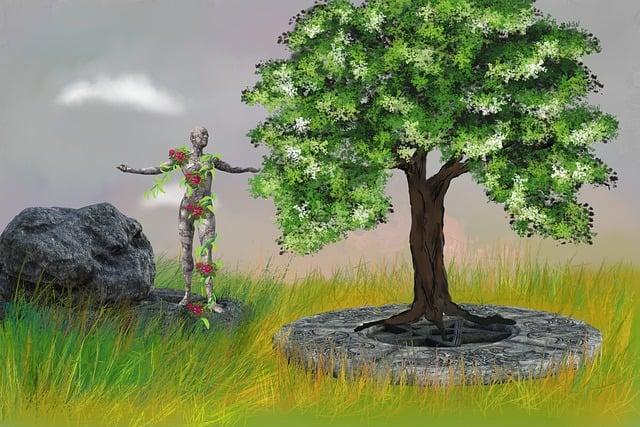
Critiquing the Impact of the Gaia Hypothesis on Environmental Discourse
Exploring the Gaia Hypothesis opens up a realm of fascinating perspectives on our interconnectedness with the environment. This theory, proposed by James Lovelock and Lynn Margulis, suggests that the Earth functions as a self-regulating organism. **Critiquing** how this hypothesis influences environmental discourse involves delving into its implications for our understanding of nature.
When delving into the Gaia Hypothesis’s impact, it’s essential to consider its influence on ecological thought and sustainability practices. By examining the connections between living organisms and their environment through the lens of Gaia, we gain insight into how our actions can either disrupt or harmonize with the delicate balance of nature. **Analyzing** the discourse surrounding this hypothesis sheds light on our role as stewards of the Earth and the urgent need for conscious ecological decisions moving forward.
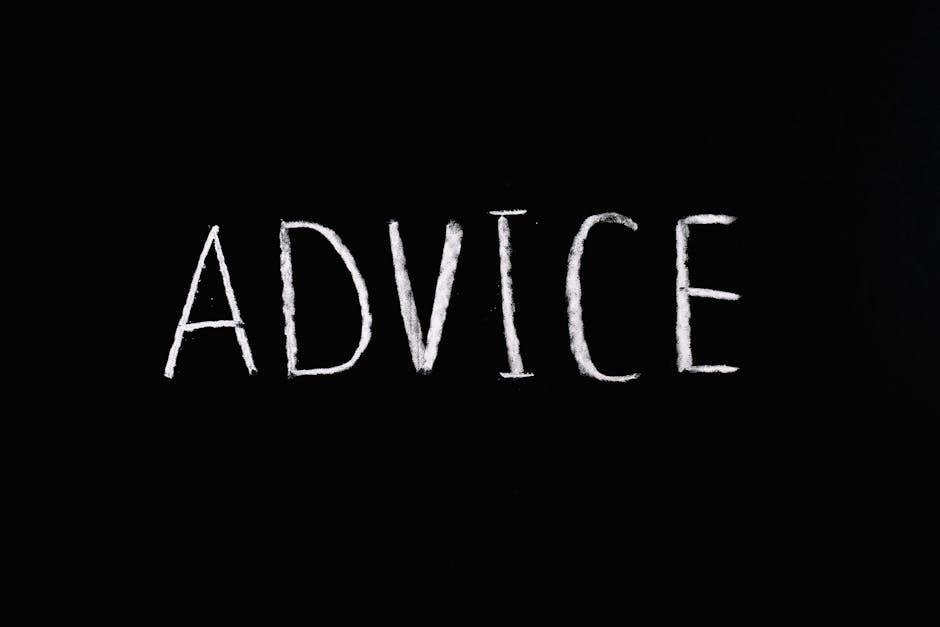
Recommendations for Further Reading and Delving into Gaia-Sphere
For those eager to dive deeper into the captivating concept of Gaia-Sphere, here are some handpicked recommendations to enrich your understanding:
- “The Web of Life” by Fritjof Capra: Explore the interconnectedness of all living organisms and their environment in this thought-provoking book that delves into systems thinking and the holistic view of nature.
- “Braiding Sweetgrass” by Robin Wall Kimmerer: Embark on a journey that intertwines indigenous wisdom with scientific knowledge, offering profound insights into our reciprocal relationship with the earth.
| Book Title | Author |
|---|---|
| The Web of Life | Fritjof Capra |
| Braiding Sweetgrass | Robin Wall Kimmerer |
Q&A
**Q: What is the Gaia Hypothesis book about?**
A: The Gaia Hypothesis book delves into the fascinating idea that the Earth functions as a self-regulating, interconnected system that sustains life. It explores the concept of Gaia, the ancient Greek goddess of the Earth, as a metaphor for viewing our planet as a living organism.
Q: Who is the author of the Gaia Hypothesis book?
A: The Gaia Hypothesis book was popularized by the renowned British scientist James Lovelock. His groundbreaking work challenges traditional views of the Earth as an inanimate object and proposes a new perspective that emphasizes the planet’s dynamic and complex interactions.
Q: What are some key concepts discussed in the Gaia Hypothesis book?
A: The book delves into the interconnectedness of life forms on Earth, emphasizing how the biosphere, atmosphere, oceans, and geology interact to maintain environmental balance. It also touches on the notion that the Earth itself regulates conditions to support life, challenging the conventional view of a passive planet.
Q: How has the Gaia Hypothesis book influenced environmental thinking?
A: The Gaia Hypothesis book has had a profound impact on environmental thought, sparking discussions on the importance of treating the Earth as a living entity deserving of care and respect. It has inspired a holistic approach to environmental issues and encouraged people to consider the intricate connections between all living organisms and their environment.
Q: Is the Gaia Hypothesis book suitable for readers interested in ecology and sustainability?
A: Definitely! The Gaia Hypothesis book is a must-read for anyone passionate about ecology, sustainability, and the interconnectedness of life on Earth. It offers a unique perspective that challenges conventional wisdom and encourages readers to rethink their relationship with the planet.
Final Thoughts
In conclusion, delving into the realms of the Gaia Hypothesis through this captivating book has been a journey of exploration and enlightenment. Through its pages, we have uncovered the interconnectedness of all life on Earth and the delicate balance that sustains our planet. As we grasp the profound implications of Gaia theory, may we carry forward a newfound reverence for our living, breathing Earth. Let us embrace the wisdom it imparts and strive to be mindful stewards of this precious, interconnected web of life. The Gaia Hypothesis book serves not just as a source of knowledge, but as a reminder of our responsibility to cherish and protect the intricate tapestry of life that envelops us. Let us walk away from these words not just informed, but inspired to nurture and safeguard our planet for generations to come.
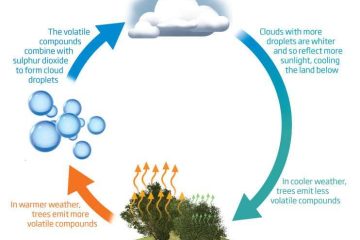
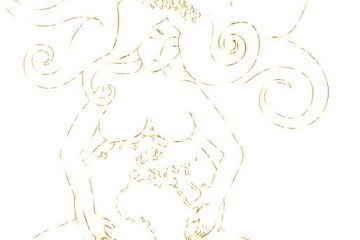
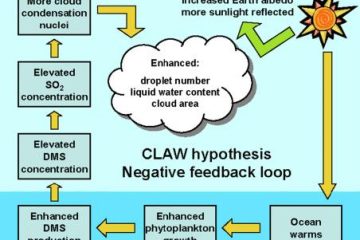
0 Comments